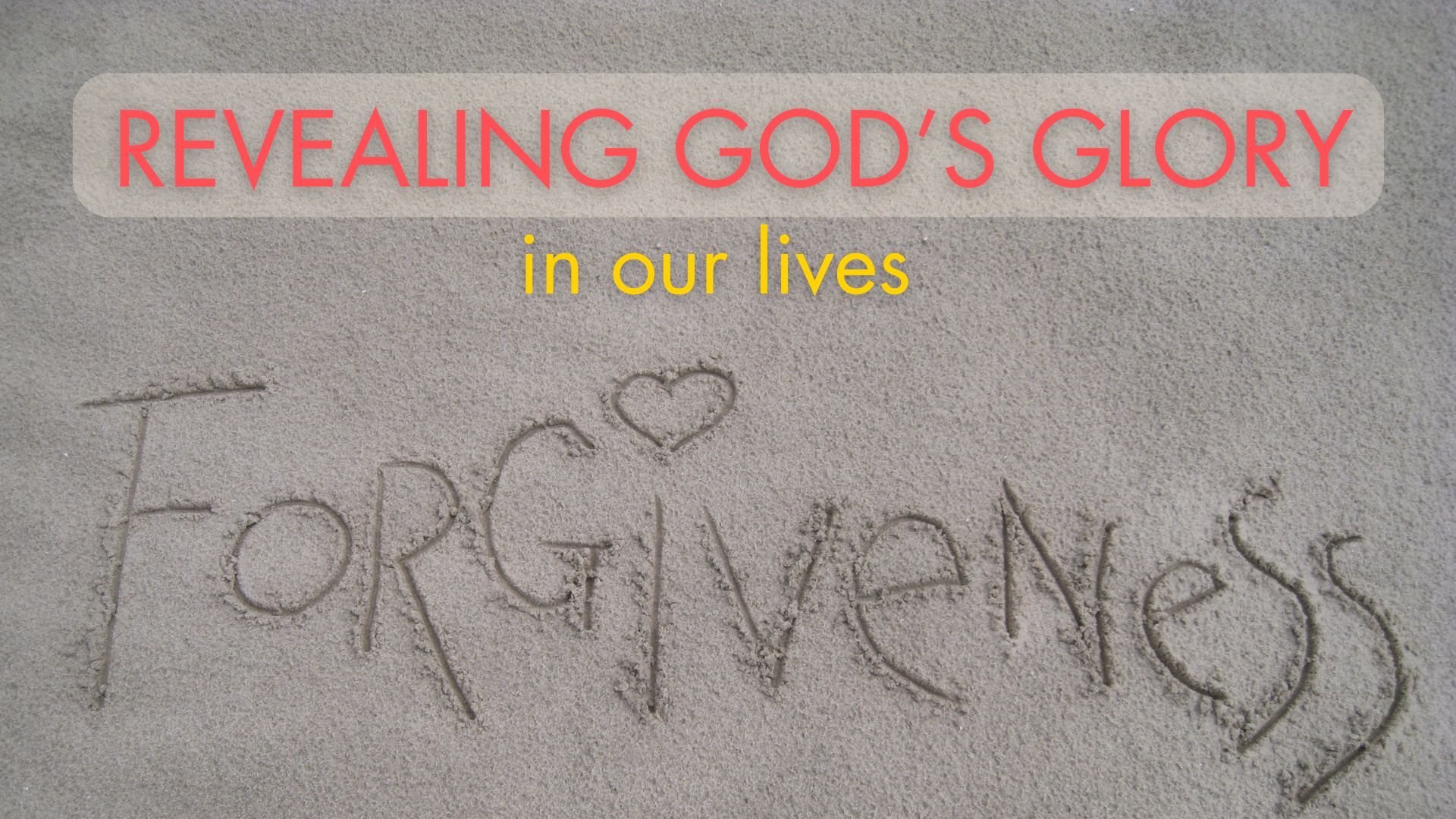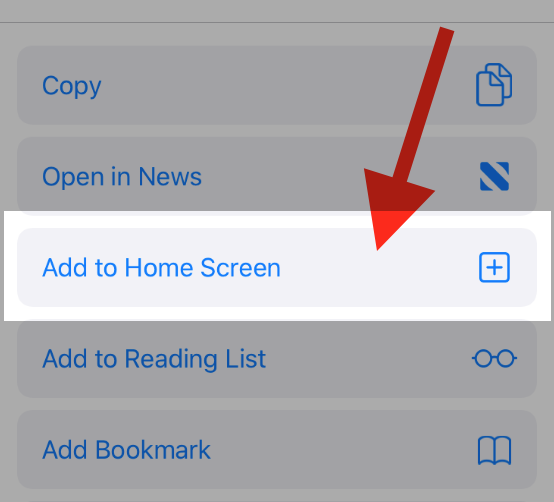
“And the LORD descended in the cloud and stood there with him as he called upon the name of the LORD. Then the LORD passed by in front of him and proclaimed, “The LORD, the LORD God, compassionate and merciful, slow to anger, and abounding in faithfulness and truth; who keeps faithfulness for thousands, who forgives wrongdoing, violation of His Law, and sin; yet He will by no means leave the guilty unpunished, inflicting the punishment of fathers on the children and on the grandchildren to the third and fourth generations.” And Moses hurried to bow low toward the ground and worship. Then he said, “If in any way I have found favor in Your sight, Lord, please may the Lord go along in our midst, even though the people are so obstinate, and pardon our wrongdoing and our sin, and take us as Your own possession.”” (Exo 34:5-9, NASB)
Over the last few gatherings, we have spoken about grace and compassion and looked at the keys of the kingdom of binding and loosening. Binding, as you will remember, is not about the commonly used spiritual warfare technique of tying demons up in knots, but about giving our hearts in covenant. On the opposite side of the coin, loosening is about releasing former unholy affections of the heart so we can be fully committed to loving the Lord, with all our heart and soul. As Yeshua said:
“Jesus answered, “The foremost is, ‘HEAR, ISRAEL! THE LORD IS OUR GOD, THE LORD IS ONE; AND YOU SHALL LOVE THE LORD YOUR GOD WITH ALL YOUR HEART, AND WITH ALL YOUR SOUL, AND WITH ALL YOUR MIND, AND WITH ALL YOUR STRENGTH.’ “The second is this: ‘YOU SHALL LOVE YOUR NEIGHBOR AS YOURSELF.’ There is no other commandment greater than these.”” (Mrk 12:29-31, NASB)
You cannot love the Lord with all your heart if you have a divided heart or what James calls a double-mindedness:
“For that person ought not to expect that he will receive anything from the Lord, being a double-minded man, unstable in all his ways.” (Jas 1:7-8, NASB)
What does it mean to be double-minded? Going back one verse James tells us:
“But he must ask in faith without any doubting, for the one who doubts is like the surf of the sea, driven and tossed by the wind.” (Jas 1:6, NASB)
Doubt is at the heart of double-mindedness. What produces doubt? I want to suggest that doubt lives as a self-focus. Faith comes from God focus.
Remember the lesson of the 12 spies. The majority, 10 of them, focused on the giants and on their own inadequacies:
“But the men who had gone up with him said, “We are not able to go up against the people, because they are too strong for us.” So, they brought a bad report of the land which they had spied out to the sons of Israel, saying, “The land through which we have gone to spy out is a land that devours its inhabitants; and all the people whom we saw in it are people of great stature. “We also saw the Nephilim there (the sons of Anak are part of the Nephilim); and we were like grasshoppers in our own sight, and so we were in their sight.”” (Num 13:31-33, NASB)
Joshua and Caleb focused on God and His ability: “And Joshua the son of Nun and Caleb the son of Jephunneh, of those who had spied out the land, tore their clothes; and they spoke to all the congregation of the sons of Israel, saying, “The land which we passed through to spy out is an exceedingly good land. “If the LORD is pleased with us, then He will bring us into this land and give it to us—a land which flows with milk and honey. “Only do not rebel against the LORD; and do not fear the people of the land, for they will be our prey. Their protection is gone from them, and the LORD is with us; do not fear them.”” (Num 14:6-9, NASB)
Doubt is the enemy of trust and faith. It is about how we see things in our life. What affects our beliefs, our boldness?
The book of Hebrews states: “Therefore let’s approach the throne of grace with confidence, so that we may receive mercy and find grace for help at the time of our need.” (Heb 4:16, NASB)
This confidence to approach His throne arises out of His Glory which is to forgive. Exodus 34:5-9
“And the LORD descended in the cloud and stood there with him as he called upon the name of the LORD. Then the LORD passed by in front of him and proclaimed, “The LORD, the LORD God, compassionate and merciful, slow to anger, and abounding in faithfulness and truth; who keeps faithfulness for thousands, who forgives wrongdoing, violation of His Law, and sin; yet He will by no means leave the guilty unpunished, inflicting the punishment of fathers on the children and on the grandchildren to the third and fourth generations.” And Moses hurried to bow low toward the ground and worship. Then he said, “If in any way I have found favor in Your sight, Lord, please may the Lord go along in our midst, even though the people are so obstinate, and pardon our wrongdoing and our sin, and take us as Your own possession.”” (Exo 34:5-9, NASB)
Forgiveness is the beginning of salvation. It is the essence of God’s love and our ability to love Him. In Hebrew, the word for forgiveness is Slichah. It comes the root salach. In the Bible it is always associated with God forgiving. This is why the Pharisees got so upset when Yeshua forgave sin. In the scriptures there is only One who forgives sins, God Himself.
“And they brought to Him a paralyzed man lying on a stretcher. And seeing their faith, Jesus said to the man who was paralyzed, “Take courage, son; your sins are forgiven.” And some of the scribes said to themselves, “This man is blaspheming!” And Jesus, perceiving their thoughts, said, “Why are you thinking evil in your hearts? “For which is easier, to say, ‘Your sins are forgiven,’ or to say, ‘Get up and walk’? “But so that you may know that the Son of Man has authority on earth to forgive sins”—then He *said to the paralyzed man, “Get up, pick up your stretcher and go home.” And he got up and went home.” (Mat 9:2-7, NASB)
His point was that not only was He, God in the world who could forgive sin, it was also the same as being God who could restore a crippled man to walk. What sometimes can get overlooked is the profound statement that Yeshua forgives sin, salach.
When we go to the cross, He also forgives all sins including sins committed in ignorance.
“[But Jesus was saying, “Father, forgive them; for they do not know what they are doing.”] And they cast lots, dividing His garments among themselves.” (Luk 23:34, NASB)
Then after His crucifixion, He gives authority for forgiveness to His disciples In John 20:19-23:
“Now when it was evening on that day, the first day of the week, and when the doors were shut where the disciples were together due to fear of the Jews, Jesus came and stood in their midst, and said to them, “Peace be to you.” And when He had said this, He showed them both His hands and His side. The disciples then rejoiced when they saw the Lord. So Jesus said to them again, “Peace be to you; just as the Father has sent Me, I also send you.” And when He had said this, He breathed on them and said to them, “Receive the Holy Spirit. “If you forgive the sins of any, their sins have been forgiven them; if you retain the sins of any, they have been retained.” (John 20:19-23, NASB)
The activation of the Holy Spirit in our lives is through forgiveness. The thing to remember is that forgiveness is from God alone. We can emotionally release people to truly forgive them is a divine enabling. This is true loosening.
Finally, we can turn to Peter’s question of how often do we forgive one another?
“Then Peter came up and said to Him, “Lord, how many times shall my brother sin against me and I still forgive him? Up to seven times?” Jesus *said to him, “I do not say to you, up to seven times, but up to seventy-seven times.” (Mat 18:21-22, NASB)
This is not a numerical response but a description of where forgiveness lives, in eternity. When we hold on to wrongs, we block God and His forgiveness in and through our lives. The real problem with unforgiveness is that we bind ourselves to the offender. Think about that! We don’t want to be bound to an offender. The inside job of offense is that it places our hurt and desire for justice above God’s love and forgiveness.
Yeshua goes on to illustrate:
““For this reason the kingdom of heaven is like a king who wanted to settle accounts with his slaves. “And when he had begun to settle them, one who owed him ten thousand talents was brought to him. “But since he did not have the means to repay, his master commanded that he be sold, along with his wife and children and all that he had, and repayment be made. “So the slave fell to the ground and prostrated himself before him, saying, ‘Have patience with me and I will repay you everything.’ “And the master of that slave felt compassion, and he released him and forgave him the debt. “But that slave went out and found one of his fellow slaves who owed him a hundred denarii; and he seized him and began to choke him, saying, ‘Pay back what you owe!’ “So, his fellow slave fell to the ground and began to plead with him, saying, ‘Have patience with me and I will repay you.’ “But he was unwilling and went and threw him in prison until he would pay back what was owed. “So, when his fellow slaves saw what had happened, they were deeply grieved and came and reported to their master all that had happened. “Then summoning him, his master *said to him, ‘You wicked slave, I forgave you all that debt because you pleaded with me. ‘Should you not also have had mercy on your fellow slave, in the same way that I had mercy on you?’ “And his master, moved with anger, handed him over to the torturers until he would repay all that was owed him. “My heavenly Father will also do the same to you, if each of you does not forgive his brother from your heart.” (Mat 18:23-35, NASB)
Forgiveness is a responsibility in the kingdom. Similar to healing the sick, feeding the poor and caring for widows, we hold the keys of binding and loosening. But we need God to work forgiveness in our heart, so we do not live in doubt.
Activation: Ask the Lord who do you need to forgive? Remember most unforgiveness is really self-unforgiveness. Ask God to give you the grace of forgiveness and utilize your authority to release people.
Related
Testimonials
Nancy L
Nancy L
Heading
To add this web app to your homescreen, click on the "Share" icon
![]()
Then click on "Add to Home"

To add this web app to your homescreen, click on the "Share" icon
![]()
Then click on "Add to Home"

It looks like your browser doesn't natively support "Add To Homescreen", or you have disabled it (or maybe you have already added this web app to your applications?)
In any case, please check your browser options and information, thanks!
It looks like your browser doesn't natively support "Add To Homescreen", or you have disabled it (or maybe you have already added this web app to your applications?)
In any case, please check your browser options and information, thanks!




Comments for